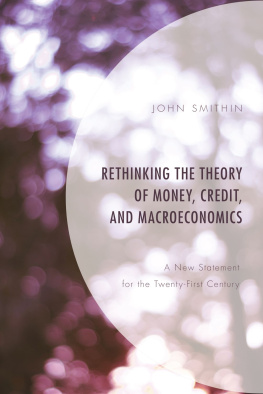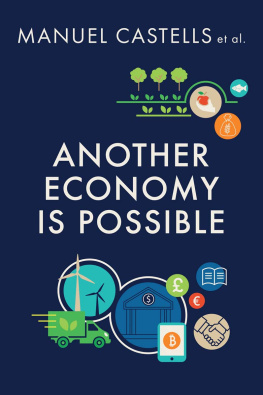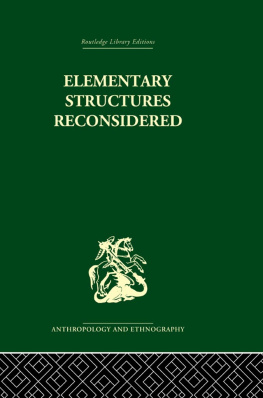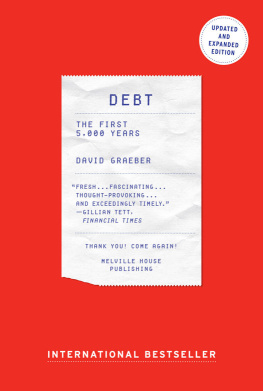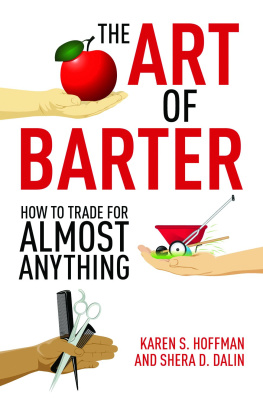First published in 2018 by
Berghahn Books
www.berghahnbooks.com
2018 Olivia Ang
All rights reserved. Except for the quotation of short passages
for the purposes of criticism and review, no part of this book
may be reproduced in any form or by any means, electronic or
mechanical, including photocopying, recording, or any information
storage and retrieval system now known or to be invented,
without written permission of the publisher.
Library of Congress Cataloging-in-Publication Data
A C.I.P. cataloging record is available from the Library of Congress
British Library Cataloguing in Publication Data
A catalogue record for this book is available from the British Library
ISBN 978-1-78533-682-9 hardback
ISBN 978-1-78533-683-6 ebook
Acknowledgements
After centuries of abuses of all kinds, Indigenous people in the Argentinean puna have learned to be suspicious of strangers gazes. They have become experts in the art of conducting confusing interactions by which they avoid complying with others expectations without any confrontation. This is how they have been able to transmit cultural practices that were mocked, sometimes even forbidden, on the national scene. In such an interethnic context, I received every sign of trust and care as an important benefaction. And I received many. In the hope that this book will honour the original gift, I took the greatest care to remain faithful to my hosts discourses and experiences, shared in the intimacy of courtyards, or publicly at the fair. I am aware, however, that this is a debt that I would hardly be able to cancel; I will better keep it alive in memory and enduring reciprocity.
There are some houses in Chalguamayoc (Jujuy, Argentina) where I was constantly welcome. At the home of Telesforo Benitez and his wife, Sylberia, as well as Justo Benitez and Isabela, I could find warm refuges when wandering in the highlands. I want to thank them for their unconditional hospitality. In Yavi, my neighbour Lola Tintilay and Mariel, her daughter, befriended me. I am indebted to the staff of the local NGO. They accepted my awkward presence in meetings, and they satisfied my curiosity about their affairs, while my interventions ended up being of little use to them. In particular, Lucio Martinez, and his wife, Julia they are not only leaders, they are exemplary.
Fairs are settings of very rich sociability. I would not be able to name all the people who helped me to navigate the fiesta, through the masses, barters and balls. But I do remember them, with immense gratitude. Some of them came from the village of Chosconty, such as Perfecto and Simona, Genoveva and Masimo. Thank you for never failing to rendezvous at the Yavi and Manka Fiestas. Thank you as well for initiating me to the elders measures.
Further away, Anne Marie Losonczy from the Universit libre de Bruxelles and Gilles Rivire from the cole des Hautes tudes en Sciences Sociales also helped me to apprehend fairs and look at them with new eyes. Their teaching stimulated my interest in these complex transactional scenes. They are outstanding thinkers, meticulous ethnographers and generous supervisors, and I feel very fortunate to have had them close to me throughout. While continuing this investigation as a postdoctoral researcher, I received the beneficial support of my sponsors Laura Rival at Oxford University, Anne Christine Taylor at the Muse du quai Branly and Alberto Arce during the Marie Curie Intra-European Fellowship at Wageningen University. I thank them for hosting me in their departments, for nurturing my thought and for giving me the opportunity to pursue my research in new directions.
Throughout the years spent in these institutions, I met some particularly inspiring scholars: Sasha Newell, Jol Noret, Pierre Petit, Daou Joiris, Mat Maskens, Marc Brigthman, Perig Pitrou, Julien Clment, Jessica de Largy, Emilie Stoll, lise Demeulenaere and Mait Hernando Aresse are great friends and colleagues. I have learned a lot while thinking with them. Thank you very much. Giovanni da Col, Inge Daniels, Emilia Ferraro, Tristan Platt and Nico Tassi read my work and provided helpful advice to disentangled theoretical conundrums. We did not know each other personally when they accepted to help me. Likewise, I received comments from two wise anonymous reviewers who thoroughly read my manuscript. The free gift exists in academia, and I very much appreciate it.
Last but not least, David Berliner is the one who has been present at all stages, since he shared with me his fascination for nostalgia. His teaching is huge, and it extends beyond academia. He is a guide, a fruitful and funny one. Thank you for clearing up my many, many doubts, for being kindly critical and for taking an interest in my life, even when you could not pay much attention to yourself.
I am very thankful to Marion Berghahn for considering my manuscript and for making this book become a reality; to Lizzie Martinez, Amanda Horn and Harry Eagles, who have demonstrated treasures of patience in bringing this book through the production process; and to Nora Scott, who impressed me by scrupulously translating my thought.
I also want to express my gratitude to non-academics who were life companions while I was writing this book. Javier Briones has devoted a great amount of energy to this research. I want to thank him once again. I am grateful to Silvia, Raul and the Briones family for genuinely opening their arms. Thanks to Martin Manoli for his good-hearted creativity. All of them, as well as Chris and Rafa, were generous in giving me a taste of the joys their Argentinean livelihood offers. Experiencing their cultural intimacy was a transformative learning process that I mostly enjoyed. I am deeply thankful as well to my Belgian comadres: Mlanie Van Pelt and Julie Callebaut. They are a constant source of social effervescence and affective relief. My brother, Mikal has been a master in restoring ontological security. My sisters, Marine and Chlo, have spent extended periods in the puna, helping me to assemble my life dispersed across the continents. Thank you for being as you are.
Since I have been back in Europe, my liveliness has been enhanced by the daily care of my beloved partner, Thierry de Crombrugghe. From him, I received the supreme gift, a flourishing life.



